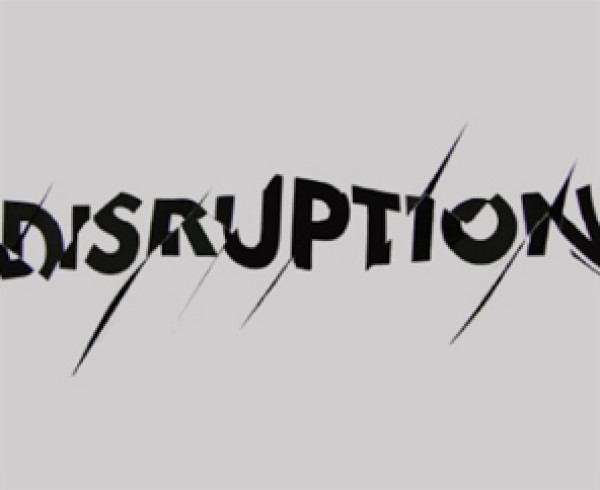This article below substantiates a trend that we have felt over the past few months without being able to quantify it. We have indeed noticed a drop in great investment opportunities. Like in every story, there is a bad news and a good news.
The bad news of course is that we haven’t made a new investment in a while.
But the good news is that this trend might lead to a higher quality of startup opportunities going forward.
There are simply too many would-be startups arising on the startup scene. A VC friend of mine, founding partner at a top tier Silicon Valley firm, was telling me a few months ago that they now receive about 20,000 applications per year! Madness!
Anyone with the craziest idea and the most unrealistic business plan thinks s/he can start a company, be funded and become successful. The entry cost for creating a website, writing a few lines of code and putting them on the cloud has decreased so dramatically that anyone can do it and believe that they have a company.
Dozens of consultants rush to then prep them for their PPT presentations and initial pitches, which all look the same, just changing the name and the logo: I am solving the key issue that will irrevocably change the world, my total addressable market is over $100 billion and my team is comprised of the greatest 20+ year-olds on the planet.
Round that up with the attitude of an egomaniac arrogant brat to show that no matter what you will be undeterred by anything standing on your way, and you can confidently go pitch VCs for your first pre-seed $2.5 million round at a $15 million pre-money valuation.
Not only does this situation end up clogging VC firms who are so overwhelmed with demand that 8 out 10 applications fall through the cracks, but it creates an existential issue for venture capital, which essentially is at risk of crumbling under its own weight. There are only that many exits that can happen every year because there are only that many companies that can reasonably be acquired every year by the Microsoft, Apple, Google, Salesforce, Facebook of this world and the rest may continue to limp out there indefinitely waiting for a mate.
In conclusion, I am hopeful that this trend will lead to a more reasonable and sustainable situation, with a slow down of the number of emerging startups and an increase in the quality of the startup pool.
Original Source: http://bit.ly/2d0RMSZ

When it comes to venture capital, there’s bad news for entrepreneurs and then there’s worse news.
Let’s start with the bad news. According to a new report from the National Venture Capital Association, startups in the U.S. raised $15 billion in venture capital during the third quarter ending September, down 28.6 percent from $21 billion for the same period one year ago.
It’s also a big drop from the $22 billion invested second quarter of 2016, ending in June, according to the report known as “PitchBook-NVCA Venture Monitor.”
“As companies have secured massive amounts of capital over the last few years, investors have looked to utilize a more targeted approach to how they invest, which encompasses making fewer but larger bets,” says the report. “The third quarter marked the fifth straight quarterly decline in completed financings and the lowest number recorded by PitchBook since 4Q 2010, signaling that investors are writing bigger checks for fewer deals.”
So, if you’re just at the starting line, things are getting tighter.
Now, here’s a bit of a silver lining: 2015 was a massive year for venture capital investing. If things continue at the current pace, according to NVCA, 2016 would be on track to see $74 billion in VC investment, as much as we saw in 2014.
Also worth noting: This slowdown hasn’t impacted the raising of new venture funds. According to the NVCA, $32.4 billion has been raised by 201 funds so far in 2016, which could lead to a new record this year. So the question may be whether those growing war chests are primarily going to target late-stage companies, or whether some more of that bounty may eventually trickle out to fresh startups.
“While venture investment activity is moderating a bit, venture investors remain very active supporting the growth of great companies that will define the future of our economy,” Bobby Franklin, President and CEO of NVCA, said in a statement.







